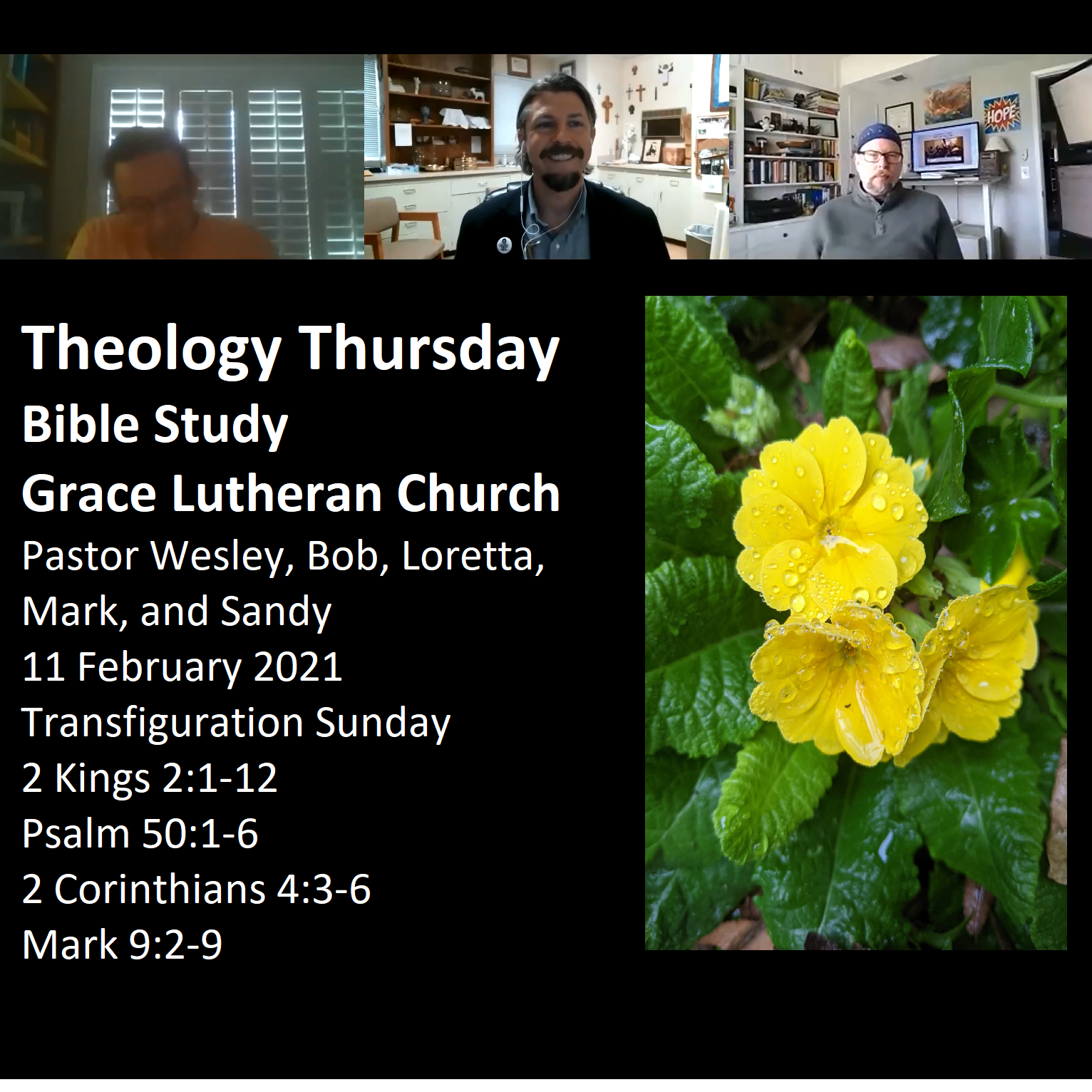
Intro: Polar Vortex over Texas! It could happen here too! Also, persecution can happen to any religion. So we must work to end all forms of religious hatred. It is troubling that the Christian Holy Week has been a time of religious persecution of Jews. I will focus on why Christians should not blame or persecute Jews for the crucifixion of Jesus. Rather, we are saved by grace through faith.
The Problem of Anti-Semitism:
Reasons Not to Be Anti-Semitic:
The fact that Christians are allowed to participate in the salvation given by Jesus is a gift. We are allowed to participate in the wonderful story of salvation. Throughout history gentiles have been attracted to Judaism because of the compelling relationship with God Most High.
A certain Jewish plumber is a local man some of you know who does great work. If you ever meet him you might have a very rewarding conversation. When I spoke with him we talked about Jesus a lot. He enjoyed sharing the fact that he believed in Jesus. I asked him where he went to church. He said he went to a Jewish Temple, or a synagogue. This is great! Jesus was Jewish, and we have more in common than we realize.
Throughout the passion story for Jesus over and over again we hear the term, “the Jews.” Without knowing any better this sounds like a blaming of a specific religious group for Jesus’ death. But that’s not what it is! Everytime you read or hear the term, “the Jews” in the gospel of John, you can think about a tension and even conflict between Jews from Galilee and Jews from Judah, not to mention Samaria, and other areas. Many, though not all of the people from Jerusalem and the area of Judah would have been seen as different from the more country oriented group of disciples form Galilee. Keep in mind that most of their ministry was itinerant. They went a lot of different places. But it was in Judah where Jesus was arrested and crucified. When you know that this term has a geographical meaning, it helps to understand why it was written the way it was.
Gospel:
Keep in mind all of these historical realities, especially the power of Rome to crucify anyone who wasn’t loyal to Cesar. Some people would say that Jesus died because he broke the law. But I say to you that Jesus died on the cross because we have all broken God’s laws. When we break God’s laws people and creation suffer. Jesus, God’s only son who was without sin, suffered and died on the cross because of all of our sins.
The good news is that you are saved by Grace through Faith. You are not saved because you are a Christian. Being a good Christian does not save you. God’s grace saves you. We know God’s grace through Jesus Christ. Jesus Christ died for all of humanity.
If you have read the book “Night” by Elie Wiesel you might remember a moment in that book when Mr. Wiesel and others were suffering terribly and the Gestapo were terrorizing people especially bad. One day they hung several people out of sheer hatred and malice, and made the people watch. One of the prisoners asked, “Where is God?” The answer to that question, was that God was up there, on the gallows, dying. That is the theology of cross articulated by a Jewish man, Elie Wiesel. God is there on the cross, dying, and suffering. Amen.

Theology Thursday 11 February 2021 Thank you Bob, Loretta, Mark, and Sandy for studying with Pastor Wesley the Bible readings. 2 Kings 2:1-12 the...

In this Maundy Thursday homily Pastor Wesley recaps the Lenten teaching series on how to do ministry tying it in with Jesus’ washing the...
